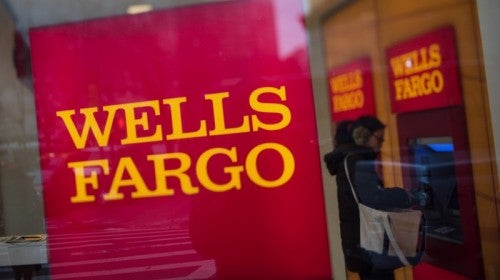Wells Fargo Scandal Shows Lack of Regulation Enforcement
DU finance expert says fine should be accompanied by jail time
Last week, federal regulators announced that Wells Fargo had fired 5,300 employees for opening fake accounts under the names of actual customers without their knowledge. In all, more than 2 million fake bank and credit card accounts have been opened since 2011, all in an effort to increase sales performance and incentive bonuses for employees.
The announcement, which Wells Fargo confirmed, comes at a time when the business dealings of financial institutions are being closely watched by regulators and consumer watchdog groups.
As a result of the scandal, Wells Fargo has agreed to pay the Consumer Financial Protection Bureau
$185 million in fines, plus an additional $5 million in refunds to customers. But for a company valued at $250 billion, is the fine enough, and is additional regulation needed to ensure that this type of practice doesn’t continue in the future?
Mac Clouse, professor of finance in the Daniels College of Business, says the issue is not regulation, but stricter enforcement of banking regulations that are already in place.
“We don’t need more regulation, just better enforcement of the regulation that exists,” Clouse says. “We do need enforcement that would include jail time.”








